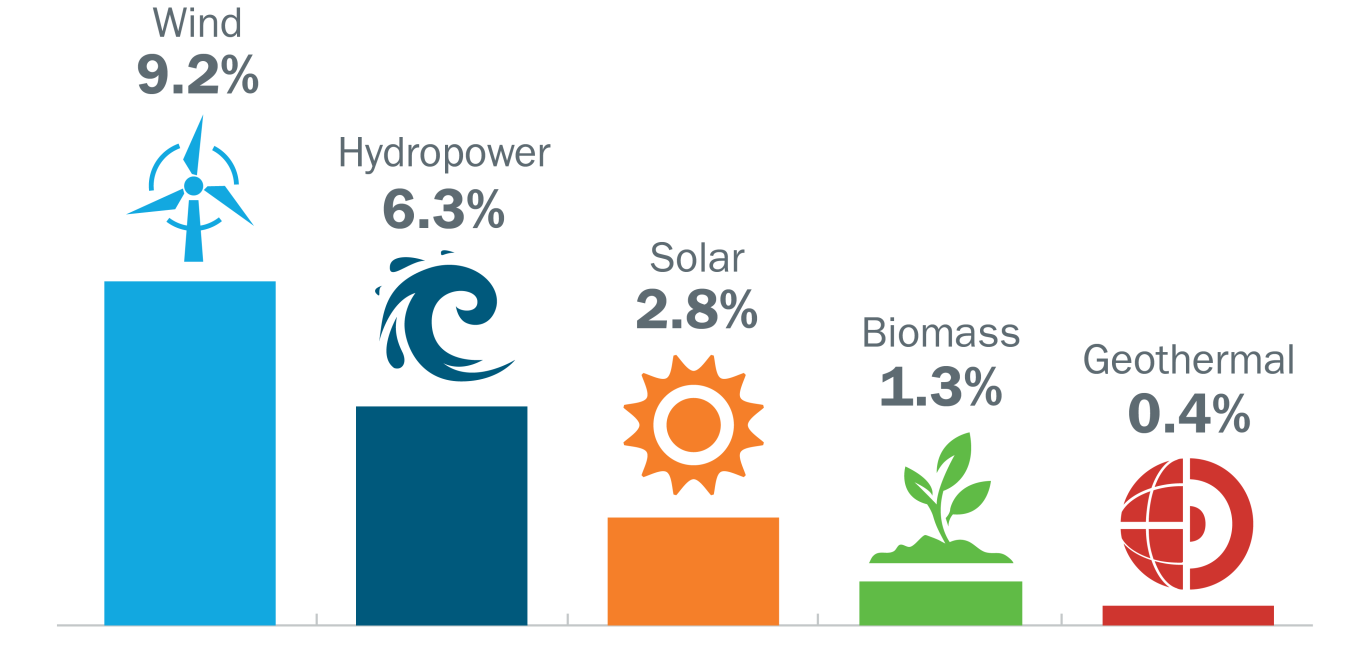
Introduction:
The imperative for sustainable energy solutions has given rise to the exploration of eco-friendly electricity generation methods. This article delves into the diverse approaches and technologies that contribute to a cleaner and greener future.
Renewable Energy Sources:
At the forefront of eco-friendly electricity generation are renewable energy sources such as solar, wind, hydro, and geothermal power. Harnessing the natural energy from these sources not only reduces dependence on finite fossil fuels but also minimizes harmful environmental impacts associated with conventional power generation.
Solar Power Revolution:
Solar power stands out as a revolutionary force in eco-friendly electricity generation. Photovoltaic cells convert sunlight into electricity, offering a clean and abundant source of energy. With advancements in technology, solar panels are becoming more efficient and cost-effective, making solar power a viable option for widespread adoption.
Harvesting the Wind:
Wind power has emerged as a significant contributor to eco-friendly electricity generation. Wind turbines harness the kinetic energy of the wind, transforming it into electricity. As wind technology continues to advance, wind farms are becoming more efficient and scalable, providing a sustainable solution to meet growing energy demands.
Hydropower’s Enduring Legacy:
Hydropower has a long-standing history as a clean and reliable energy source. By harnessing the energy from flowing water, hydropower plants generate electricity without emitting greenhouse gases. The development of innovative hydropower technologies enhances its sustainability and environmental compatibility.
Geothermal Energy:
Geothermal energy taps into the Earth’s internal heat to produce electricity. This eco-friendly method has a low environmental impact and provides a continuous, reliable source of power. As technology improves, geothermal power becomes increasingly accessible and is considered a promising element in the renewable energy mix.
Biomass and Bioenergy:
Biomass, derived from organic materials, is another avenue for eco-friendly electricity generation. Bioenergy processes, such as the combustion of agricultural residues or the production of biogas from organic waste, offer renewable alternatives. These methods contribute to waste management while producing sustainable energy.
Energy Storage Solutions:
Addressing the intermittency of some renewable sources, energy storage solutions play a crucial role in eco-friendly electricity generation. Advancements in battery technologies enable the efficient storage of excess energy generated during peak times, ensuring a stable and reliable power supply.
Smart Grids for Efficiency:
The implementation of smart grids enhances the efficiency of eco-friendly electricity generation. Smart grids enable real-time monitoring, efficient distribution, and demand response mechanisms. This interconnected system optimizes energy use, minimizes wastage, and contributes to the overall reliability of the power grid.
Government Initiatives and Incentives:
Government support is instrumental in fostering eco-friendly electricity generation. Policies, incentives, and subsidies encourage the adoption of renewable energy technologies, making them more accessible and financially viable for businesses and individuals. These initiatives accelerate the transition to a sustainable energy landscape.
Future Outlook and Global Collaboration:
The future of eco-friendly electricity generation looks promising, with ongoing research and global collaboration driving innovation. As nations work together to address climate change and environmental concerns, the development and adoption of sustainable energy solutions become imperative for a healthier planet.
In the pursuit of a cleaner and greener energy future, eco-friendly electricity generation plays a pivotal role. Learn more about these sustainable methods at firstbisnisku.my.id.

